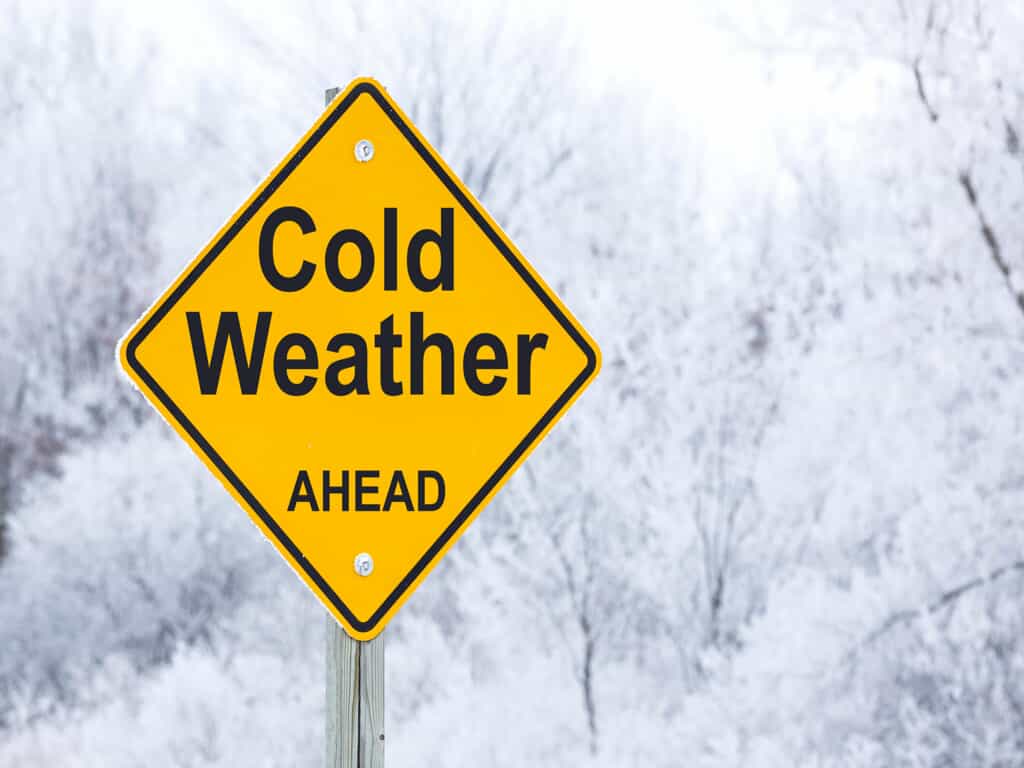With winter just around the corner, it’s time to start preparing your home for the long months of frigid and freezing-level temperatures. Most people know this includes having your heater checked, examining and replacing plumbing insulation, checking your attic insulation, and cleaning out your rain gutters. However, there’s one aspect of your home that people forget about: your generator. We can hardly blame you: standby generators often sit so quietly and discreetly that you may forget this valuable machine is even there. However, you depend on it heavily when the power goes out. Standby generators help you stay warm and comfortable, and that’s invaluable on a freezing winter night when temperatures outside reach dangerously unhealthy levels.
If you have a standby generator, then this blog is for you. Here are a few generator winterization tips you can and should follow in order to keep your generator ready for the long months ahead.
Keep Your Generator Area Clear
In order to keep their property clean and looking great, most people will install standby generators in flowerbeds or garden areas located near their home. That means it’s not uncommon for bushes or plants to be growing right next to where your generator sits. Plants grow, and when they do, they can encroach on the area immediately around your generator, obstructing it.
Before winter begins, clear a five-foot radius around your backup generator. This allows it to operate without the risk of debris getting into your system’s air intake, and it reduces the risk of fire by preventing debris from accidentally igniting on a running system.
Schedule a Generator Tune-Up Service
Second, call a professional to have your system tuned up before the start of winter. A tune-up service includes an inspection of important components, cleaning of parts that may have become dirty over time, and a refill or change of important fluids such as oil or coolant. Keeping these important resources fresh and well-stocked is vital for a system that you’re going to depend on in the event of a power outage.
This can also apply to portable generators! Portable generators often burn fuel like gasoline or diesel in order to turn an engine that spins a generator motor, thus providing power. That means these engines need to have their oil checked and changed, their fuel supply replenished, and more. We recommend having this done professionally to be certain that your generator is going to be ready when you need it.
Check Your Generator Battery
Generators often have batteries that they use to start up in the event of an outage. These batteries will generally sit dormant for long periods of time, and that can greatly impact their health when it comes to changing weather. In particular, cold weather is incredibly bad for batteries, so long periods of time sitting in freezing cold temperatures means your battery is going to quickly degrade and lose charge. We strongly recommend having your battery tested when performing winterization maintenance and changing it out if it’s showing signs of wear such as reduced voltage or greatly increased internal resistance. Doing so will help you be confident that your battery can handle the task of starting your generator, even in the coldest of weather conditions.
Test Your Generator
It’s extremely important to test your generator in order to be sure it will roar to life when you need it to. While you don’t need to do this often, we do recommend doing it at least once a year, preferably before the start of the winter season. You’ll want to make sure that not only does your generator start quickly and easily, but that it’s producing enough power to meet your needs during an outage. If your generator isn’t producing the power it once did, then we recommend calling to have your generator inspected and repaired.
For quality standby generator maintenance and repair services in Wells and the Greater Boston area, call HomeWiz at (207) 506-2232 today!



